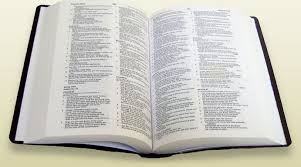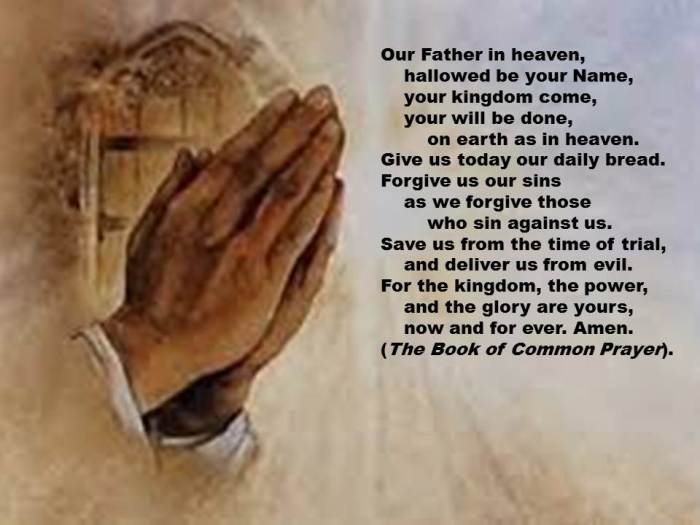
“From [God’s] fullness we have all received grace upon grace.” (John 1:16 NRSV).
We live in a world where we never have enough of anything. Consumerism tells us that we always need more, the new improved, the larger, the faster, etc. Advances in technology have given us what is faster, more convenient, more efficient. If you still feel like you do not have enough, give it only a few years and you will get even more. Will we be satisfied then? No. Everything breaks down and slows down.
In the mystery of God’s Word made Flesh in Jesus the Christ; in the in Child born of Mary, the fullness of God has given to us; God’s grace upon grace. That grace is not only a historical event, it is something that takes place in the here and now. God’s grace comes to meet us in our present moment to draw us into a deeper awareness of the Presence of God in the Holy Spirit. The fullness of God comes to fill us to overflowing, as God enters into our human nature in an infant who is so vulnerable, so beautiful. It gives us so much potential at this moment to encounter God in the heart of our true selves. We don’t have to have everything figured out, or be sure everything is working just right. God comes to us as we are, where we are and invites us to receive the fullness of God, which God has given us; grace upon grace.
Contemplative prayer brings us face to face with the grace of God as something to be experienced. God sees us from God’s point of view and asks that we allow God to lead us on a greater search for union with God, by letting go of our false-sense of self to be embraced as God’s Beloved. There is no greater mystical experience than that.
“What is not possible for us by nature, let us ask the Lord to supply by the help of his grace.” (The Rule of Saint Benedict, the Prologue).
Are you ready to respond to the fullness of God that you have received as grace upon grace?
Amen.
Brother Anselm Philip King-Lowe, OSB






